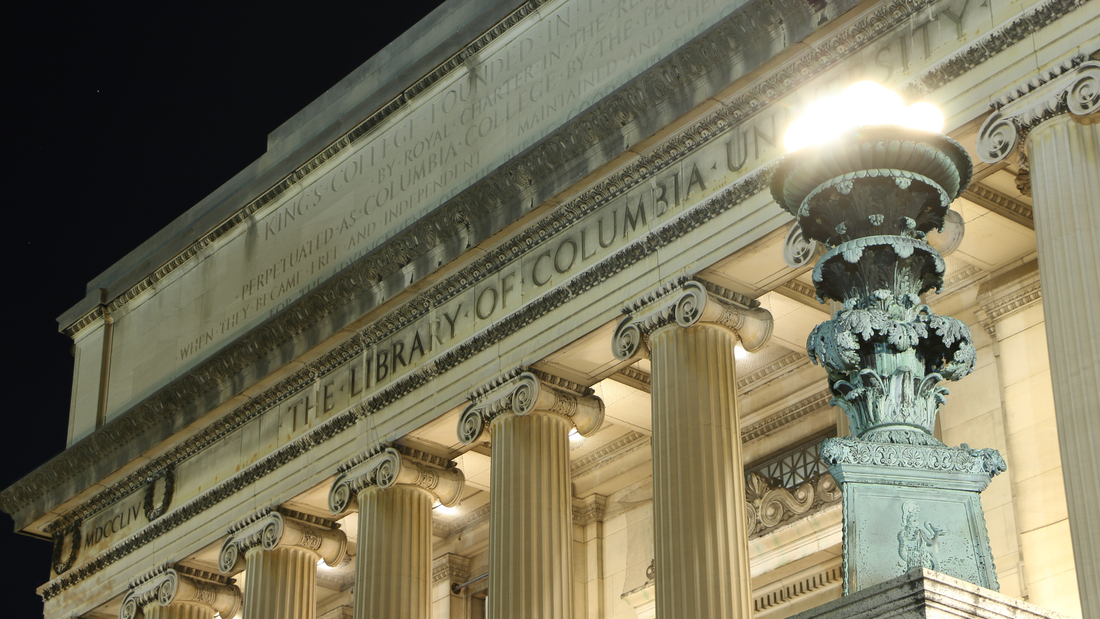|
Earlier this year, the student senate at Columbia Law voted to deny official recognition to Law Students Against Antisemitism, a student group seeking to “raise awareness and educate about both historical and contemporary antisemitism.” Nine other organizations requested official recognition this year, with LSAA being the only group to be denied so far. The reason? According to FIRE, “the rejection appeared to rest on objections to LSAA’s definition of antisemitism, which some pro-Palestine students opposed.”
Although the student senate quickly reversed course, the American Bar Association took it as an opportunity to formalize speech protections. This month, the ABA House of Delegates passed a resolution to adopt Standard 208, a new rule requiring law schools to “protect the rights of faculty, students and staff to communicate ideas that may be controversial or unpopular, including through robust debate, demonstrations or protests.” ABA accreditation requires adhering to Standard 208, or else law schools could be denied accreditation or have it revoked for failing to protect free speech. The importance of this rule should not be missed. As the ABA Journal states, Standard 208 is “the first accreditation standard to address free speech for the entire community within law schools.” Protect The 1st Senior Legal Advisor Eugene Volokh said: “the standard is another tool in the toolbox of a dean who wants to protect free speech and academic freedom … The dean can tell student activists, ‘Look, do you want us to lose our accreditation?’” Nevertheless, Standard 208 is only a Band-Aid to the broader cultural decay for the respect of free speech and intellectual diversity in law schools. “I’ve had a lot of students complain to me that they are reluctant to speak out in class – not because they’re afraid of discipline, but because they’re afraid their classmates will ostracize them,” Volokh said. “But you can’t have a rule to stop that.” The past few years have seen no shortage of campus incidents that would certainly have gone against Standard 208 had it been in effect. Stanford Law students shouted down Judge Stuart Kyle Duncan of the Fifth Circuit Court of Appeals when he came to give a talk in March of last year. Similarly at Yale, Kristen Waggoner of the Alliance Defending Freedom was harassed by an ugly protest over a (irony alert) panel discussion about free speech. Law schools increasingly resemble the hostile and immature playgrounds that undergraduate institutions have become. While Standard 208 will help, we have a long way to go before free speech will be fully restored. Comments are closed.
|
Archives
June 2024
Categories
All
|
ABOUT |
ISSUES |
TAKE ACTION |



 RSS Feed
RSS Feed